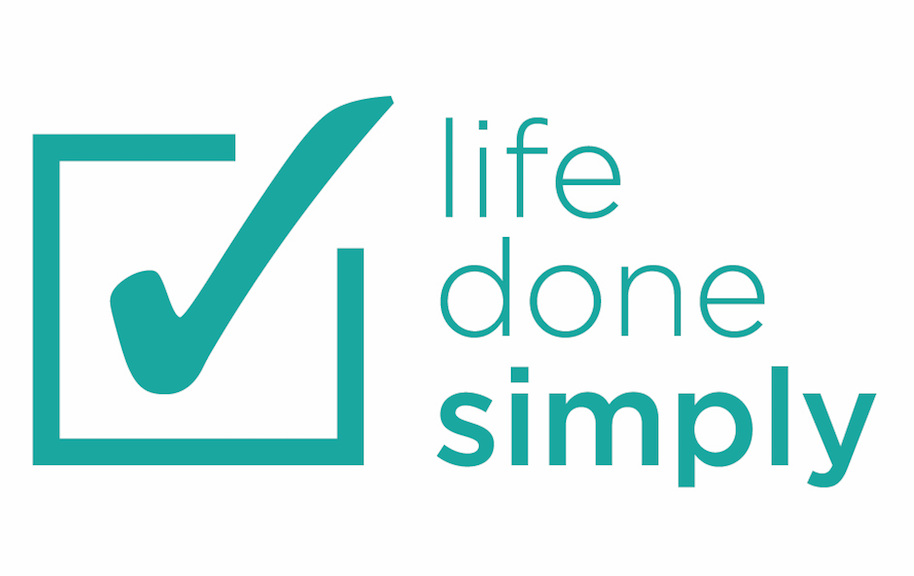I Love to Read: Building Book Boundaries
/As a child, February was one of my favorite months because our school would celebrate I Love to Read Month. The school would erect displays of new children's books, and sometimes they would invite an author to come to meet the students. I enjoyed reading as a child, but it wasn't until I was an adult when reading felt indispensable.
Books are beautiful. They showcase new ideas and represent hope. You can lose yourself in a good book and find yourself there, too.
Because of that, it can sometimes feel impossible to let a book go.
Many book lovers are fearful that a professional organizer and minimalist like me will tell them that they must get rid of their books.
I understand the love affair that some have with books. However, even if you value your books, you are not immune from the burden they may cause if left unchecked. The following strategies will ensure that your love for literature does not become a physical burden.
Wait to purchase or borrow a book until you are ready to read it.
If you have book clutter that has become overwhelming, the first thing you need to do is stop new material from coming into your life.
Strategy: Temporarily suspend notifications from the library or bookstores' emails. You can always get these notifications again once you've worked your way through your current library.
There will always be another recommendation.
There are many book recommendations that I never got around to reading, and that is ok.
"The cream will always rise to the top."
There is no shortage of good books, and there will always be books you won't have an opportunity to read. It's helpful to sit and process that truth. Otherwise, you'll find yourself wasting valuable time and money acquiring books and feeling guilty for not reading them.
Strategy: Keep a list of titles that interest you, so you can make more intentional choices when grabbing a new book.
Set a boundary for unread books, and stick to it!
There used to be an old saying that a library of mostly unread books is far more inspiring than a library of books already read.
But times have changed. Over 300,000 new books are published each year in the U.S. alone. Thanks to social media, we have unlimited access to new books and authors. I follow a few bookshops online, and if I tried to keep up with their weekly recommendations, I would need to read almost 800 books each year!
So how many books can you realistically read in a month or year? That number will be different for everyone. Bill Gates reads roughly 50 books per year and usually has several in his book bag at a time. Most of us are not Bill Gates.
Figure out how many books you read in a week, month, or year and set a physical boundary around that number.
Curate your library of books you have read.
It may seem impossible to part with a sentimental or limited edition book. Or perhaps you have a book that you've read several times, and it feels like a part of you. If a book adds value to you, keep it.
Learn to discern what once added value versus what will add value in the future.
You might feel some strong sentimental attachment to many of your books. What and how we read can signal to the world what type of person we are, and without it, we can feel incomplete. Give yourself grace when sorting through your books. Slow progress is still progress.
Know when to cut your losses.
Not every book you pick up is going to be a winner. Maybe you picked it up because everyone was reading it, only to find out it is a dud. The chances of you picking it up several months down the road and having a better experience are slim to none. Trust your instinct and let a book go once it no longer becomes enjoyable.
Share your books and your experiences with them.
You might be surprised to find that just telling someone about your experience with a book is enough to shed your attachment. Share its significance with a friend or loved one, then let it go.
Share books, not obligations. When passing your favorite books on to the next reader, do so with no obligation.
Sell your books.
Book re-sellers have made it easy for readers to refresh their bookshelves while getting a little back in return.
WARNING: In most cases, store credit is offered, which means you will be tempted to pick up more books immediately. Remind yourself of your book boundary and stick to it! If this is too difficult for you, skip the book re-sellers altogether.
Donate your books.
There are book projects all across the U.S. that gather and distribute books to those in need, such as prisons, developing nations, and families in need. Your literary abundance can have a positive impact on someone else's life tomorrow!
Aimee Olson of Life Done Simply is a Productivity and Organizing Coach and is a member of the National Association of Productivity & Organizing Professionals (NAPO). She specializes in Holistic Organizing and Minimalism, Residential Organizing, Workplace Productivity, and Brain-Based Conditions.







